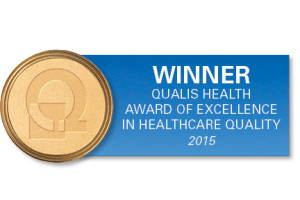
At Northwest Kidney Centers, we work hard to help patients enjoy optimal health, quality of life and independence. Although our everyday business is dialysis, some patients will do better with a kidney transplant, the other life-sustaining treatment option for kidney failure. We actively promote transplantation for eligible patients so they can get off dialysis, or avoid it entirely, and enjoy the kind of life they had before diagnosis.
To pave the way, we educate patients and family members about transplant through free classes, and we work with each interested individual to clear particular hurdles. For example, we team up with Seattle-King County Dental Society volunteers who give free treatment so infected teeth and gums won’t preclude a transplant.

We work closely with Seattle’s three adult transplant centers to monitor our patients’ status on the transplant list. We teach patients to speak out about their search for a kidney donor.
Our transplant initiative is working:
- In 2014, Northwest Kidney Centers saw a 14 percent increase in the number of its patients receiving kidney transplants, while the number of transplants nationwide decreased by 16 percent.
- In the three years ending in 2013, Northwest Kidney Centers’ transplantation rate was 80 percent higher than the national average.
- A total of 28 percent of Northwest Kidney Centers’ patients are on the transplant waitlist—25 percent is average.
We’re pleased to be notified that Qualis Health, a national population health management organization, will recognize our efforts with its 2015 Award of Excellence in Healthcare Quality: Outpatient Services.
We are among seven health care organizations across the state of Washington that Qualis will recognize for improving health care quality and outcomes. The awards ceremony will be during Qualis Health’s 2015 Northwest Patient Safety Conference May 13 in Lynnwood, Wash.
Awards are gratifying, but it’s even better to know that we’ve helped people with chronic kidney failure to live longer and live better, via the treatment that’s most appropriate for each one.
Tags: awards, patient care, transplants